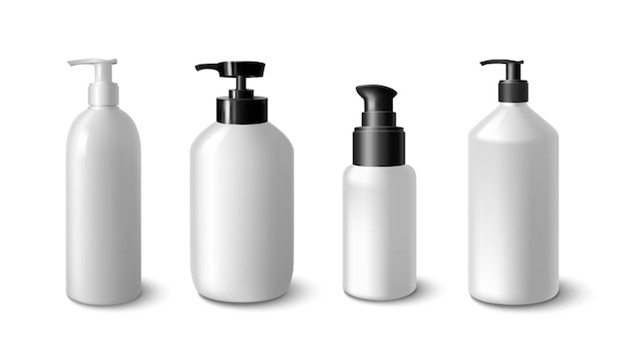
The report is a review of different household recycling interventions that took place between 2003-2023 in Wales. It highlights the range of intervention types used in household recycling, changing household recycling from an infrequently performed behaviour to a normalised societal behaviour over the last two decades.
In 2000, the percentage of household waste that was recycled was just 5.2%. Over the next two decades that increased to 65.2%.
The report uses the COM-B model (Capability, Opportunity, Motivation, Behaviour) to describe the interventions that were used over time, and the behavioural barriers that they were intending to overcome. Early barriers, such as insufficient facilities and lack of clarity about recycling practices, were resolved through targeted interventions like providing appropriate bins and delivering clear communication campaigns.
The example of household recycling illustrates:
The range of sustained intervention types and functions required to change behaviours.
The need to implement behaviour change interventions at both individual and structural levels depending on the barriers and facilitators
Behavioural science could have been integrated earlier into the policy-making process, which may have achieved a greater recycling rate more quickly.
Some of the key findings of the report included:
- Incentivisation: Initiatives such as Conwy County Council's digital deposit scheme for plastic bottles encouraged recycling by offering rewards, boosting motivation among residents.
- Environmental Restructuring: The introduction of smaller black bins in Cardiff reduced landfill waste and indirectly encouraged more households to recycle.
- Legislation: Policies such as the 5p charge on single-use plastic bags and the 2023 ban on specific single-use plastics have significantly reduced waste.
- Education and Training: Campaigns like “Be Mighty, Recycle” raised awareness about recycling food, plastic, and metal waste, while school programs educated children on sorting recyclable materials.
The report also highlights the importance of routine behaviours and social influences in sustaining change. These approaches will help tackle issues such as reducing single-use plastics, promoting energy efficiency and encouraging sustainable transport methods.
Jason Roberts, Senior Behavioural Science Research and Evaluation Officer at Public Health Wales, said:
“Over the past 20 years, Wales has achieved remarkable success in household recycling, leading the rate for household waste in the UK.
“The success of household recycling in Wales is in part attributable to the mix of intervention types that addressed multiple behavioural determinants over a long period of time.
“Integrating behavioural science earlier within the policy-making process to change household recycling behaviours could have helped to develop and implement the correct mix of interventions more quickly, a critical gain given the urgency of the climate crisis.
“The report highlights the importance of understanding and addressing barriers to action, which will be invaluable as we continue to tackle environmental challenges.”






